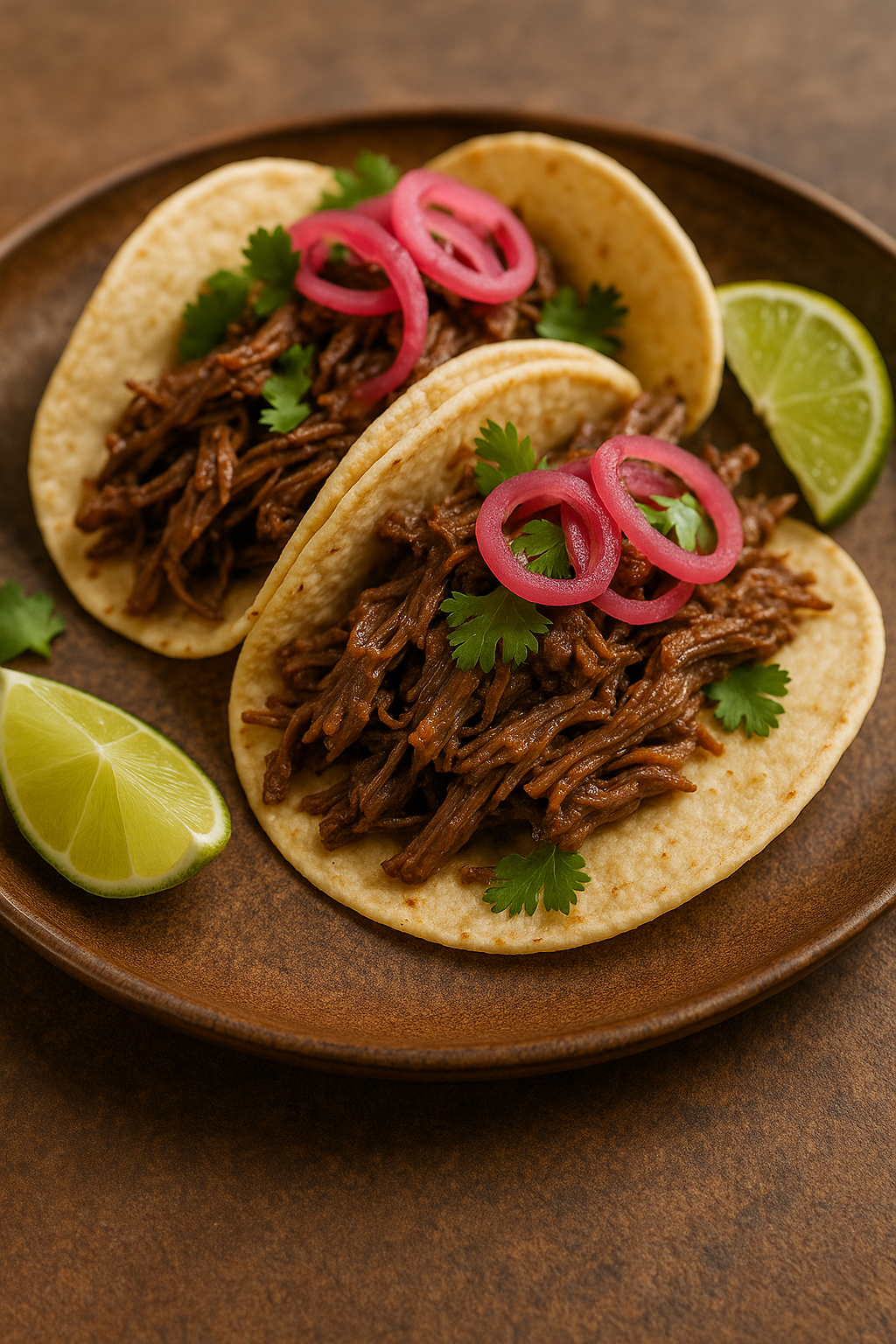25 Years of Illinois Whitetails
Season ‘25 | Episode 13
The Cianciarulos are once again chasing the elusive whitetial, which they’ve done every year in Illinois for the past 25+ years with their friends Dean Matthews and Hoppy Kempfer.
Keep up with us on social media!
@RalphandVicki | @RJandAubrey
-
Arrows: Easton Arrows
Binos / Range Finder: Cabela’s Optics
Outfit: Cabela’s Instinct / SHE
Pack: Alps OutdoorZ Pack
Bug Repellant: Thermacell
-
Location: Northwest Illinois
Species (Harvested): Whitetail Deer
Sex: Male (Buck)
Average Size & Physical Traits
Bucks: 180-250+ lbs (Some may exceed 300 lbs!)
Does: 120-180 lbs
Body-Traits: Big-Bodied, thick necked, often appear larger than they score in late season.
Illinois deer benefit from rich ag diets (corn, soybeans, alfalfa), resulting in massive frames and fat reserves.
Feeding Behaviors
Primary Food Sources: Corn, Soybeans, Clover, Acorns
Preferred Fall/Winter Foods: Standing Corn, Brassicas, Turnips, and Acorns (especially red oaks late season)
Daily Movement: Feed heavily during dusk/dawn, especially near edge habitat
Consistent patterns exist until pressure or the rut hits. Post-rut deer shift to food-first survival mode
Seasonal Behavior Breakdown
Early Season (Oct 1-20):
Bucks still in summer feeding patterns
Evening hunts on field edges can be deadly
Hunt cold fronts and transition areas between bed and feed
Pre-Rut (Oct 21-31):
Bucks start roaming more, checking scrapes and staging near doe bedding
Great time for mock scrapes and grunting
Rut (Nov 1-15)
Peak activity - Bucks are covering ground and responding to calling
All-day sits near funnels, pinch points, and bedding edges
Post-Rut (Nov 16-30):
Mature bucks are cautios, recovering
Hunt food sources and second-rut opportunities (younger does coming into estrus)
Late Season (Dec-Jan):
Focus shifts entirely to food and thermal cover
Bucks group up and feed predictably again - late-season ag fields shine
Scent & Wind Behavior
Illinois whitetails live in high-pressure environments - they are extremely scent-wary
Thermals and wind swirls are common in wooded draws and creeks
Bucks often approach downwind of bedding or food
Always hunt with a wind-based plan, and use entry/exit strategies to stay undetected
Vision & Hearing
Excellent low-light vision
Sensitive to movement and sound, especially in open hardwoods
Bucks often watch their backtrail - mature deer don’t just charge into shooting lanes
Use cover, not just elevation, when setting up a stand or blind
Whitetail Intelligence & Adaptability
Deer quickly adapt to hunting pressure - mid-season hunting from the same stands can be risky
Mature bucks may go nocturnal after just one bad encounter
They often pattern hunters more than hunters pattern them
Rotate stand locations and use observation sits to find undisturbed routes
Calling & Rattling Effectiveness
Grunt calls work best in pre-rut and rut phases
Rattling is most effective from Oct 25-Nov 10 - simulate real fights
Bleat cans or mouth bleats can pull in cruising bucks, especially during lockdown phase
Be realistic - overly aggressive calling in pressured areas can do more harm than good
Body Language & Movement
Tail Flick: Relaxed
Foot Stomp / Head Bobbing: Suspicious
Short, Stiff-Legged Walk: Alert, Winding Something
Ears Forward, Quick Stride: Likely Chasing
Learn to read deer movement and body language to anticipate shot windows
Weather Influence
Cold Fronts: Huge movement triggers, especially early and late season
Rain/Snow: Often bed longer, then move heavily just before or after
Barometric Pressure Rising Above 30.00: Increaded daylight movement
In Illiniois, a drop in temps after a warm spell can be a great time to get out. Rut activity spikes hard around first frosts
Illinois Whitetail Hunting Tips
Hunt fresh sign, not just historical stand locations
Late-Season glassing from a distance can reveal target buck patterns
Always assume a mature buck is bedded closer than you think - don’t over push bedding areas unless conditions are perfect
Consistency and patience are key. Many Illinois giants full during short windows of activity. Don’t miss them!
Recipe
Whitetail Deer Barrbacoa
Great for tacos, bowls, burritos, or wild game sliders!
Prep: 15 Minutes | Cook: 6-8 Hours (Slow Cooker) | Total Time: ~8 Hours
Servings: 6-8 People
Ingredients:
For the Barbacoa
2-3 lbs Whitetail Roast (Shoulder, Neck, or Round)
1 tbsp Salt
1 tsp Black Pepper
1 tsp Garlic Powder
1 tsp Cumin
1 tsp Smoked Paprika
1/2 tsp Chili Powder
1 Onion, Sliced
4 Garlic Cloves, Smashed
1/2 Cup Beef or Game Stock
2 tbsp Apple Cider Vinegar
Juice of 1 Lime
Optional: 1 Chipotle Pepper in Adobo (for smoky heat)
For Serving Ideas
Warm Corn or Flour Tortillas
Cooked Rice or Roasted Sweet Potatoes
Toppings: Pickled Onions, Cilantro, Avocado, Lime, Cotija, Hot Sauce
Directions:
1. Prep & Season
Combine salt, pepper, garlic powder, cumin, smoked paprika, and chili powder
Rub seasoning all over the venison roast
2. Slow Cooking
Place roast in a slow cooker or Dutch oven
Add onion, garlic, stock, vinegar, lime juice, and optional chipotle
Cook on low for 7-8 hours or high for 4-5 hours until fork tender
3. Shred & Crisp
Shred meat with forks and return to juices
Optional: Crisp some of it in a hot skillet for taco night or burrito bowls
4. Serve
Spoon into tacos, serve over rice, or stakc on a toasted bun with slaw
Chef Tips
Add fat if needed. Venison is lean - a tablespoon of beef tallow or bacon grease in the slow cooker helps
Make it smoky. One chipotle pepper adds a subtle heat and BBQ vibes
Don’t skip the acid. Lime juice and vinegar brighten the rich game meat
Leftovers are gold! It gets even better the next day
No slow cooker? Use a Dutch oven at 300ºF in the oven for 4-5 hours




